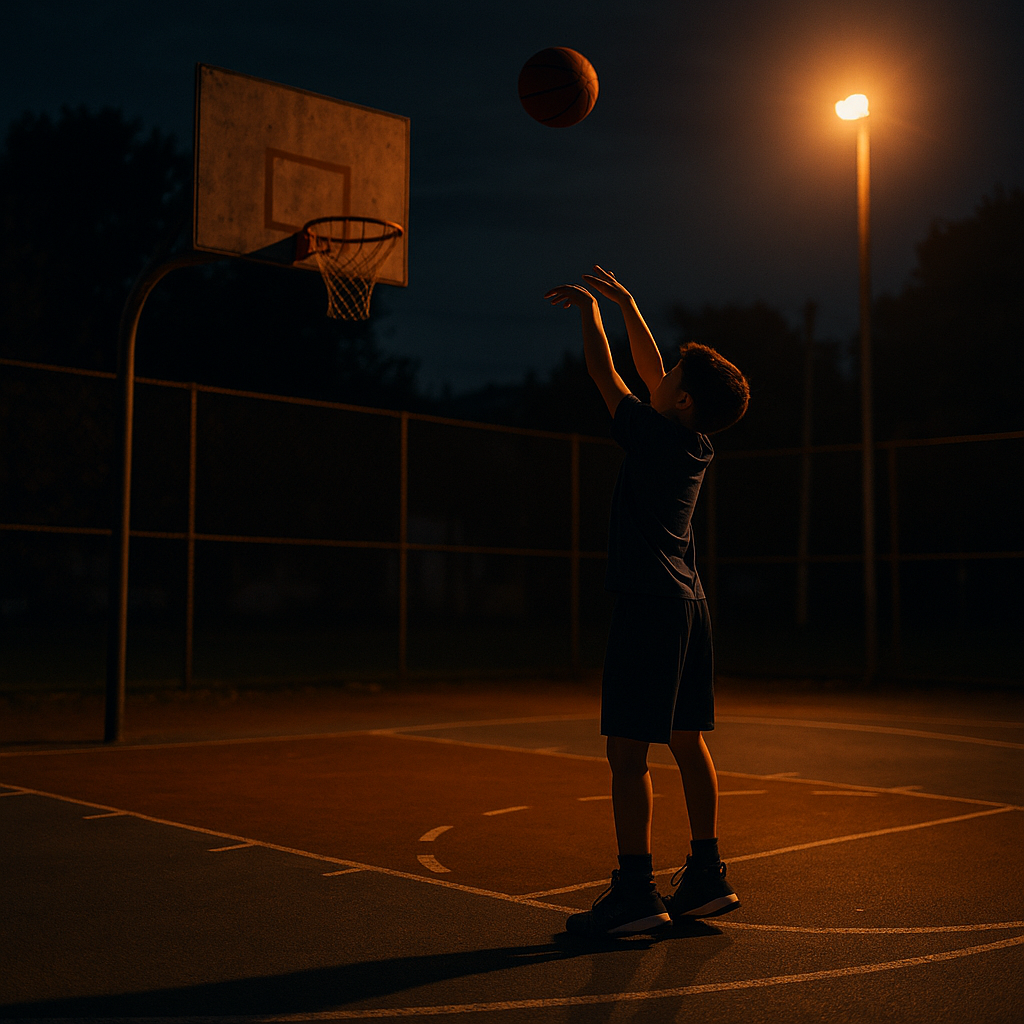Article: Why You're Not Really Present With Yourself - And How Mindfulness Meditation Can Help

Why You're Not Really Present With Yourself - And How Mindfulness Meditation Can Help
Why You’re Not Really Present With Yourself
You think you miss your friends. You think you miss your family, or that partner you used to love. But if you are honest with yourself, most of the time what you truly miss is you. The version of yourself that felt alive, focused, and connected. The part of you that wasn’t constantly lost in screens, notifications, and endless obligations.
Look around. People are walking down the street with their heads buried in their phones. Couples sit across from each other in restaurants, scrolling separately. Young men and women, full of potential, are drained not by hard work, but by constant distraction. The truth is that our generation has become overstimulated, anxious, and strangely empty. And many of the problems you feel—your restlessness, your lack of focus, your quiet sadness—come from the same root: you’ve lost the ability to sit with yourself.
When was the last time you actually listened to your own thoughts without reaching for a device? When was the last time you allowed your mind to slow down long enough to notice what it’s carrying? Most people don’t realize that the exhaustion they feel isn’t just from work, or school, or relationships. It’s from the nonstop noise. The endless scrolling. The way the phone demands attention every few minutes, training your brain to never stay still.
That constant stimulation doesn’t just waste time—it changes you. It reduces your ability to concentrate, it makes you restless, it fuels anxiety. It robs you of the deep satisfaction that comes from real presence. It’s why you feel disconnected even when you’re surrounded by people. It’s why you feel tired even after doing nothing. You’ve been running on a mental treadmill without ever stopping to breathe.
And this is where mindfulness meditation comes in—not as a trend, not as something “spiritual” or complicated—but as a chance to reconnect with yourself. Meditation is the simple, radical act of noticing your own mind. It’s sitting with your thoughts instead of running from them. It’s allowing the storm inside you to calm down, not by fighting it, but by giving it space.
The benefits are profound. People who make time for silence and self-reflection experience lower levels of stress, better focus, and deeper emotional resilience. They begin to notice patterns in their own thoughts, patterns that might have been driving their anxiety or sadness for years. They discover that beneath the noise of constant thinking, there is a quiet stability waiting for them. And once you taste that stability, the world feels different.
Without this, life begins to feel mechanical. You wake up, check your phone, rush to work, scroll through distractions, go to sleep, and repeat. Day after day, like a robot. You lose the ability to ask, “What do I really want? What matters to me? What am I running from?” You lose the ability to live as a conscious human being.
But when you reclaim even a small part of your attention, when you choose to spend time with yourself rather than your screen, something changes. You begin to feel energy returning. You begin to feel focus sharpening. You realize that peace was never in the phone, never in the next notification, never in the endless content. It was inside you, waiting for you to pay attention.
This is your opportunity. Not because the world will slow down for you—it won’t. Not because technology will become kinder—it won’t. But because you still have the choice to meet yourself again. You still have the ability to take back your mind, to rediscover the presence that distraction stole from you.
And once you do, you may find that what you’ve been searching for—connection, clarity, peace—wasn’t missing after all. It was you
